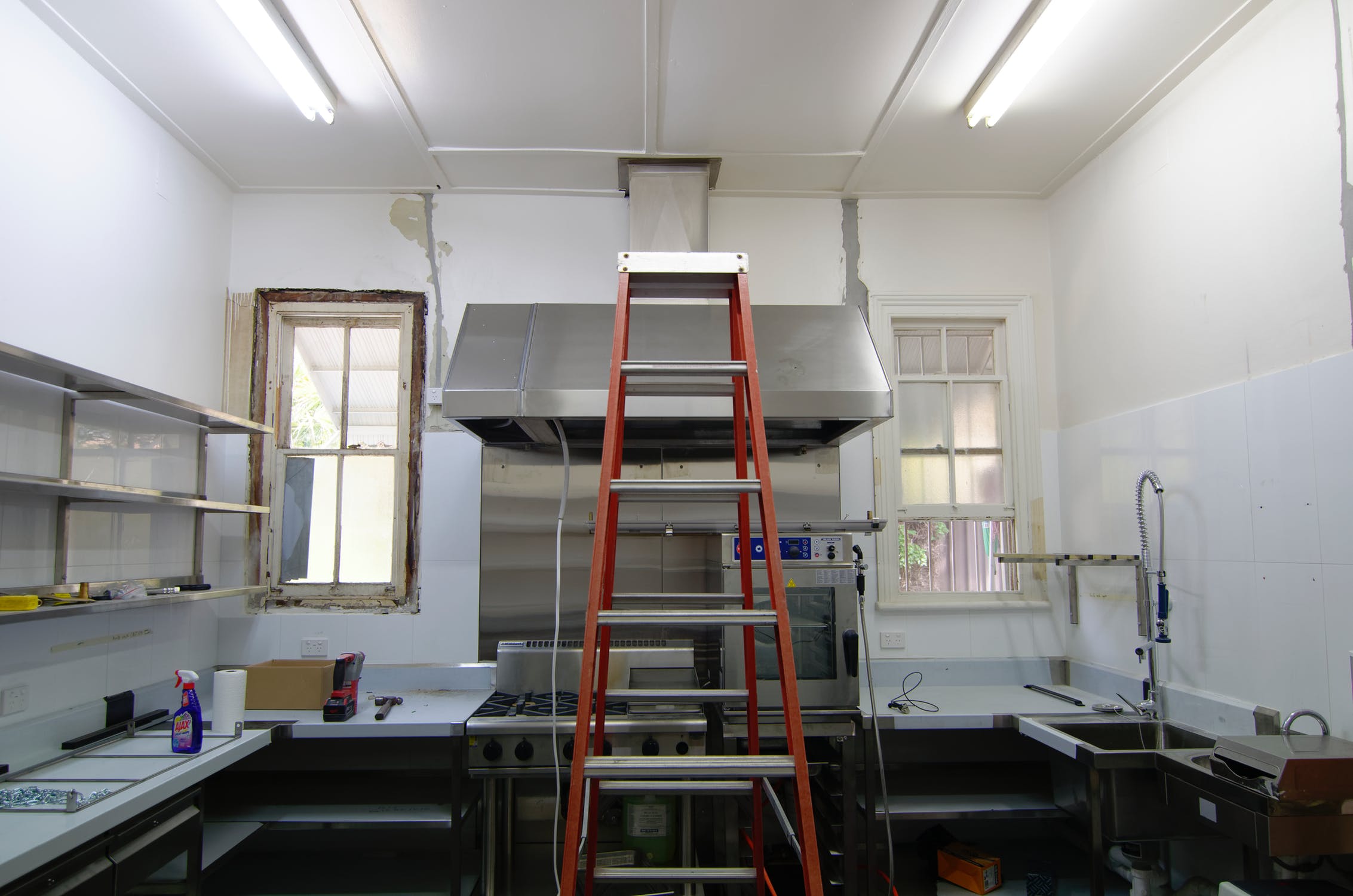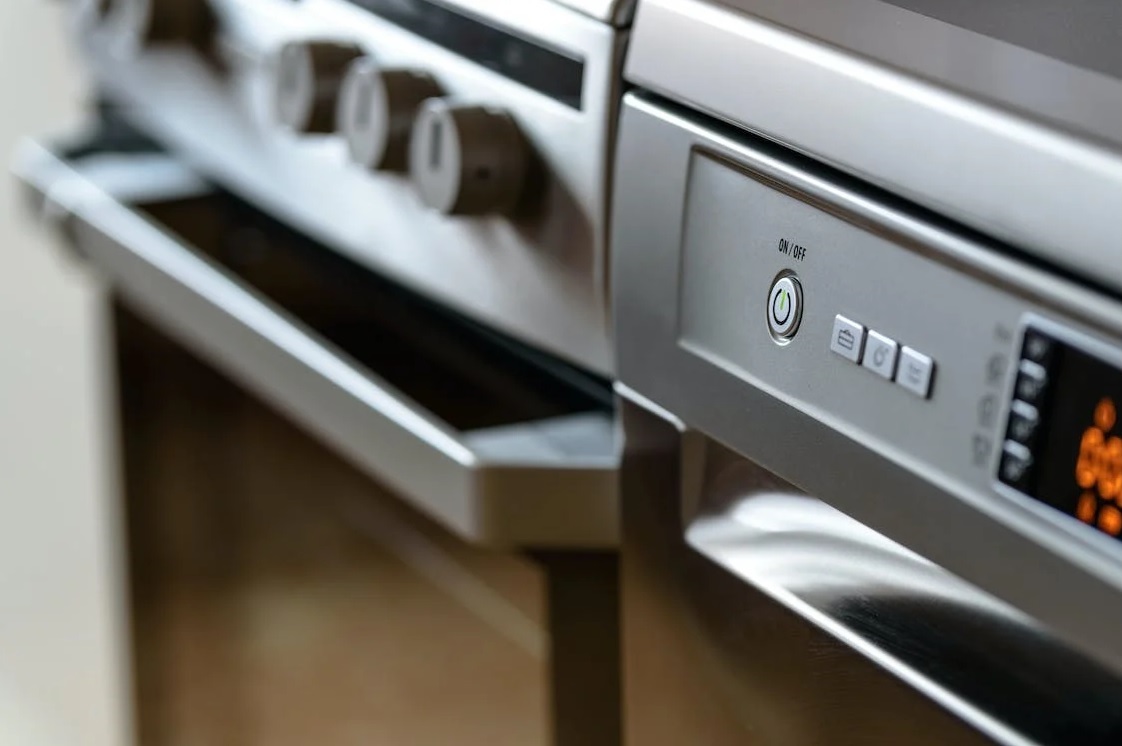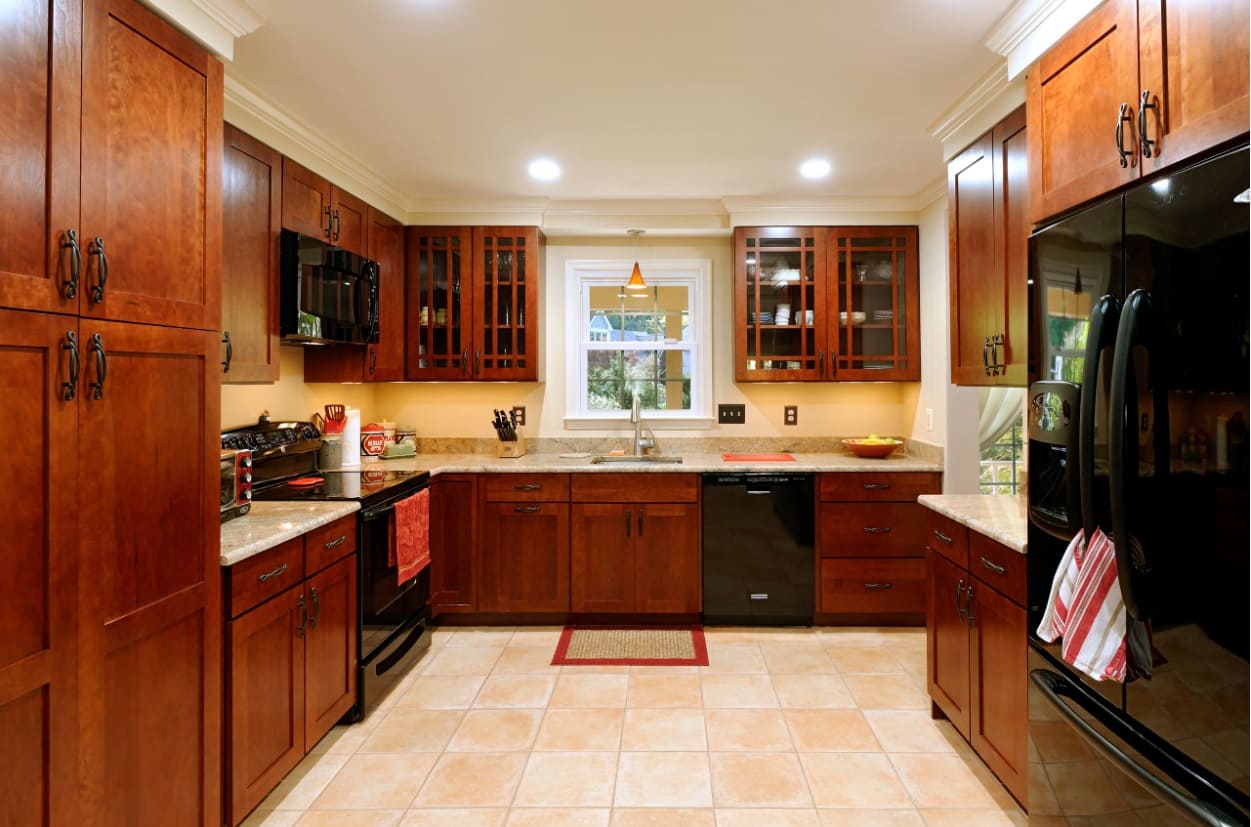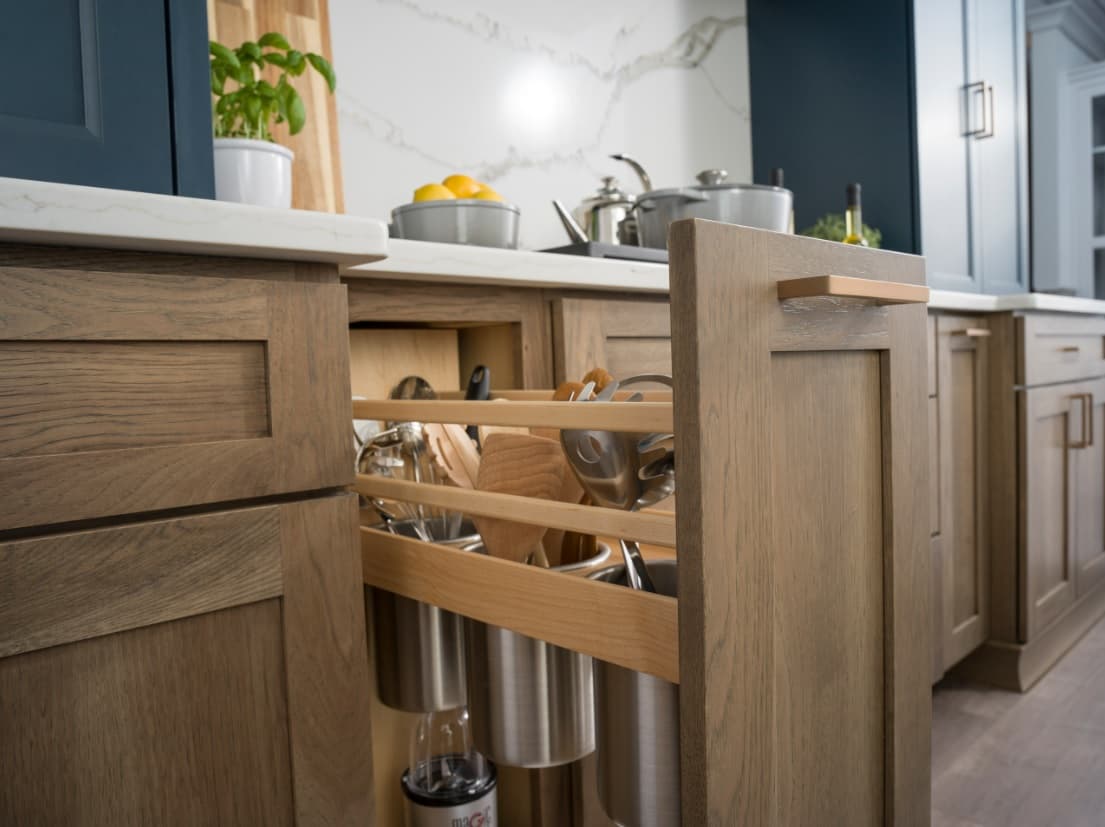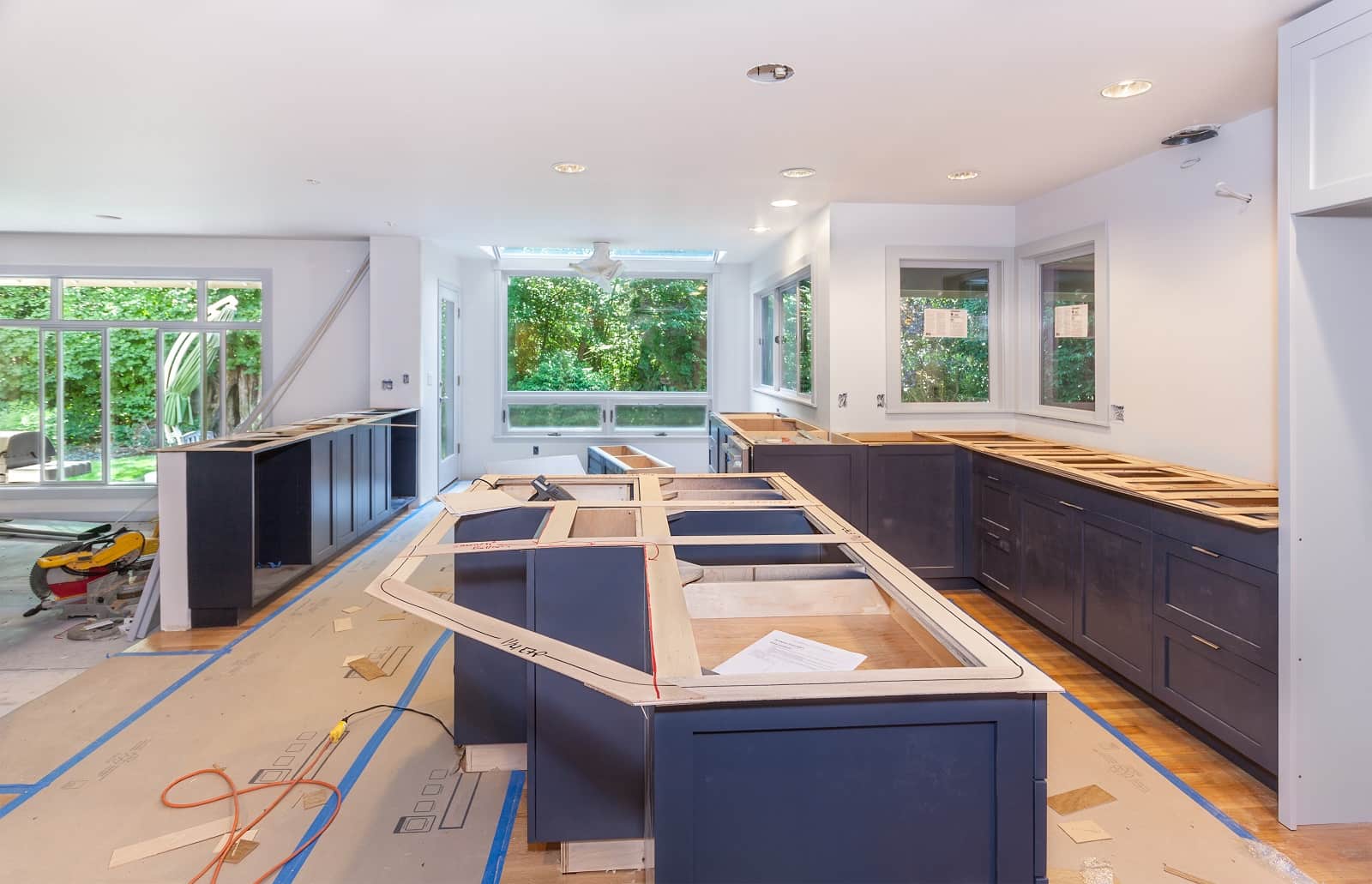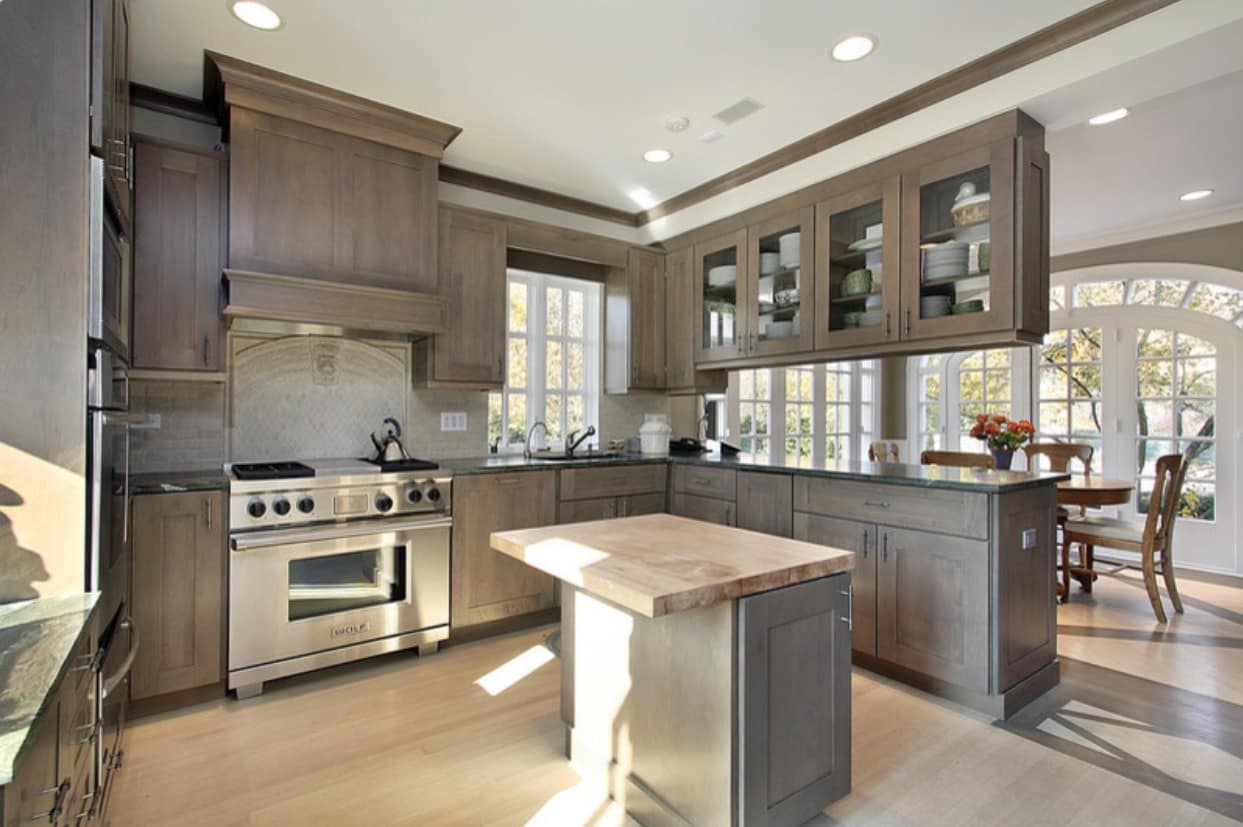When it comes to renovating your kitchen, it’s important to know what you could be facing as far as expenses go. After all, there is a difference between hanging a couple of new cabinets and changing it to improve its functionality and flow.
Knowing the number of expenses you could incur throughout your project will save you from being stressed later on. Not every renovation will cost the same; most prices will vary depending upon where you are located.
However, it will still be good to know the average cost for small, medium, and large renovations. Planning and budgeting are vital when it comes to renovations.
Keep reading to learn how to budget for your next kitchen remodel.
Determine Work to Be Done
How much work are you planning on doing? Are you looking at only replacing the sink or a cabinet? Or are you looking to remodel your kitchen from top to bottom completely?
No matter what you decide, it’s important to know exactly what you want to be done in order to determine kitchen costs for renovation. Knowing exactly all the work to be done will help you better plan out the project as well.
Small Projects
If you’re only doing a small project, then you really don’t need to worry so much about planning when you and the contractor are available, and you can afford it.
But, for larger projects, it might be best to break it down into smaller, more manageable projects. You may end up spending the same amount of money, all up front, as you would over a period of time. But you will be better prepared for any emergencies in the future.
Breaking a large renovation up into smaller projects makes them more manageable and easier to budget for.
Always Have a Little More
When it comes to renovations of any kind, it’s important to always plan for worst case scenarios. Often times when performing renovations, much like mechanics working on your car, they find more problems.
While it’s almost impossible to plan for every surprise that could happen, having a little extra cash saved up for your renovation can really help in those situations.
This is also why it’s a good idea to break larger projects into smaller ones. You’ll have the ability to save more money than the kitchen costs for renovation in the event of a surprise.
Set Priorities
Prioritizing is important when it comes to renovating your kitchen. The last thing you want to do is plan on replacing the wiring in the walls after hanging new cabinets. You’ll just be taking them down again.
Determine not only which project you want to tackle first, but also which one is the better option, either making the most sense in the timeline of things or for budgetary reasons.
Planning ahead and prioritizing your projects will help you to stay on track and limit the number of issues.
Know Where the Money is Coming From
After determining the extent of your renovations, breaking them into smaller projects, and prioritizing them, it’s time to figure out how to pay for it all.
Knowing where the money will come from is important in determining a budget. If you’re like most and have multiple banking and investment accounts, you’ll need to know which one you’ll be pulling money from.
Every financial institution has rules and regulations on how much money you can access in a day. Check with your bank to let them know what you are planning. This will prevent them from placing holds on your account.
Investment accounts can take a few days to weeks before the money in them will be available to you to spend. Know where the money will be coming from to prevent any issues in payment.
Renovation Budget
When it comes to budgeting for a kitchen renovation, there is a lot to account for and not much of which can be accounted for. Renovations almost always come with surprise expenses.
This is why every little bit helps in planning out a renovation budget. Know the extent of the project, break it down to manageable sizes, and prioritize them. These will allow you to better prepare for any surprises and estimate a cost.
Always save up more than the cost of the renovation in order to handle the expenses of any surprises. Don’t let the renovation dictate how the project goes; you’re in charge and can take control of the renovation with these simple tips.

